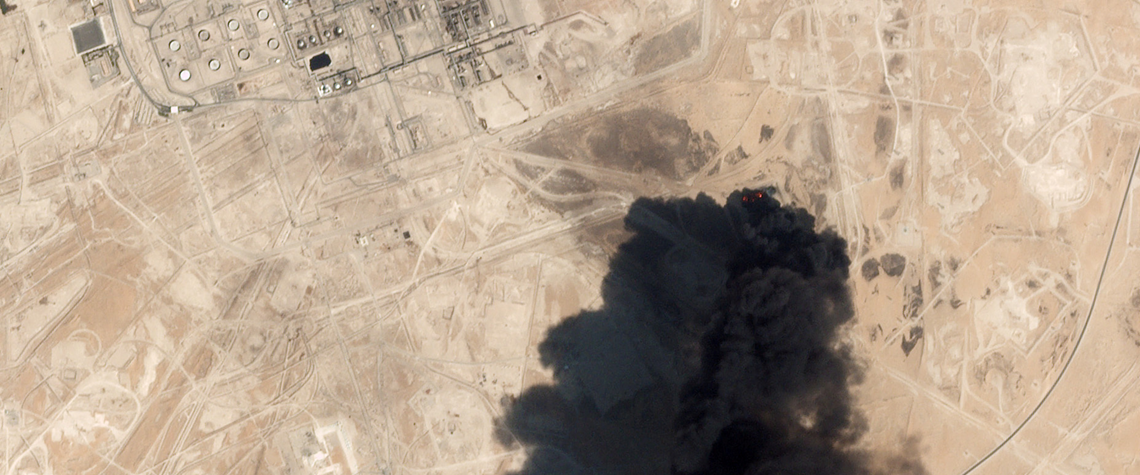Oil and trouble in the Gulf
Gulf producers learn that regional instability no longer guarantees high oil prices
The September attacks on Saudi Aramco’s Abqaiq processing plant and Khurais oil field—which took out about half the kingdom’s production—was the most serious in a string of destabilising developments in the Middle East during the summer and early autumn: the seizure of oil tankers; attacks on tankers; the sacking of the Saudi oil minister; riots in Iraq and Egypt; an acceleration of Iranian uranium enrichment; the Turkish invasion of northern Syria. Under normal circumstances, any one of these events could have triggered a prolonged spike in oil prices. After the Abqaiq/Khurais attacks, the price rose by about 20pc, but not for long. The average Brent spot price for that week was just over

Also in this section
17 February 2026
The 25th WPC Energy Congress, taking place in Riyadh, Saudi Arabia from 26–30 April 2026, will bring together leaders from the political, industrial, financial and technology sectors under the unifying theme “Pathways to an Energy Future for All”
17 February 2026
Siemens Energy has been active in the Kingdom for nearly a century, evolving over that time from a project-based foreign supplier to a locally operating multi-national company with its own domestic supply chain and workforce
17 February 2026
Eni’s chief operating officer for global natural resources, Guido Brusco, takes stock of the company’s key achievements over the past year, and what differentiates its strategy from those of its peers in the LNG sector and beyond
16 February 2026
As the third wave of global LNG arrives, Wood Mackenzie’s director for Europe gas and LNG, Tom Marzec-Manser, discusses with Petroleum Economist the outlook for Europe’s gas market in 2026







